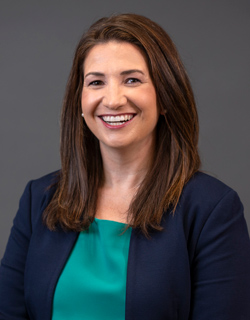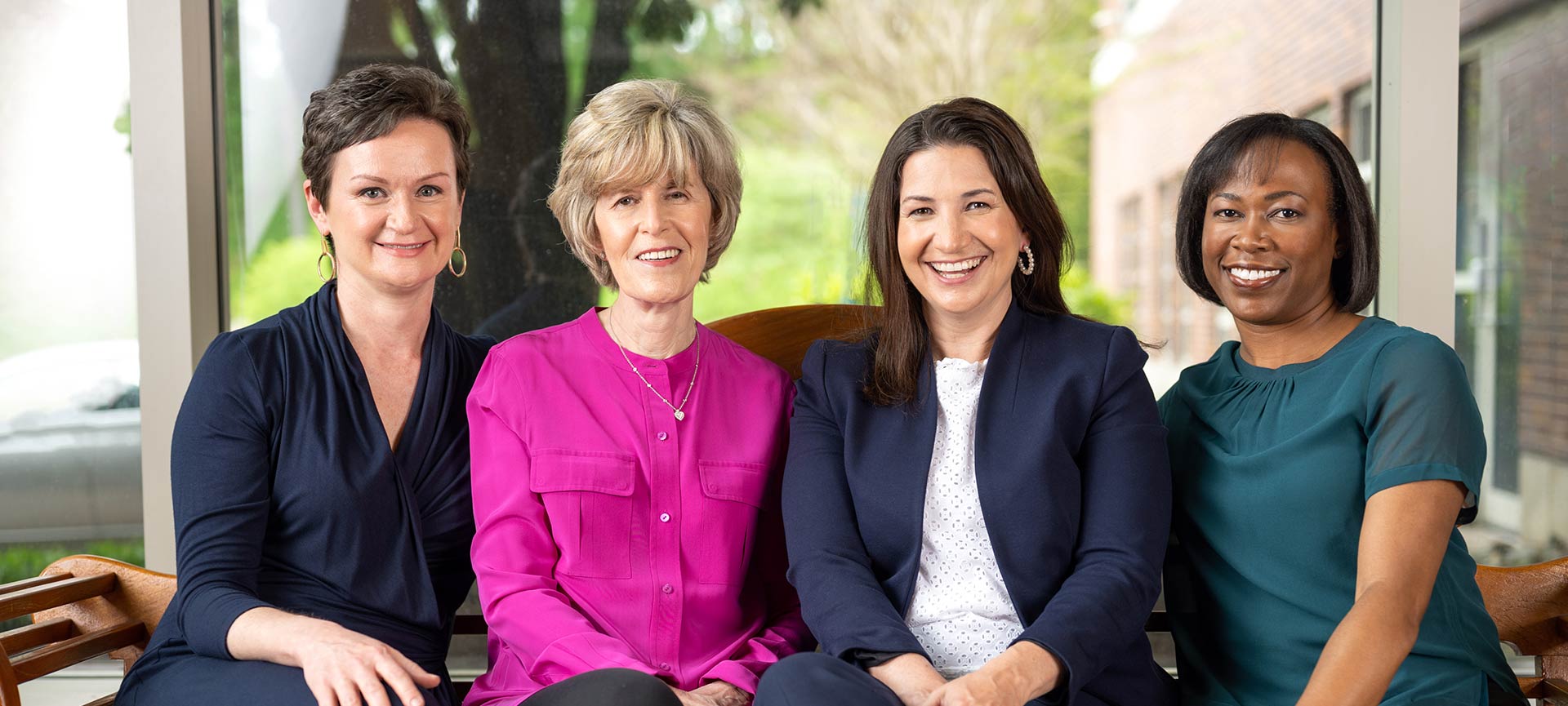What Every Woman Should Know About Breast Cancer Screening and Treatment
October 8, 2019One of the most powerful tools in early detection of breast cancer is mammography, but changing recommendations about when to start mammograms and how often to have them has many women confused. Sara Fogarty, DO, FACS, breast surgeon and director of the Sandra & Malcolm Berman Comprehensive Breast Care Center at GBMC, spoke with Mary Beth Marsden to provide answers to common questions about breast cancer screening and treatment and the role women can play in protecting their breast health.
“Women have been receiving mixed signals about breast cancer screening,” said Dr. Fogarty. “While the U.S. Preventive Services Task Force changed its recommendation to mammograms every two years starting at age 50, the American Society of Breast Surgeons disagrees with this recommendation. Women should start mammograms at age 40, or younger in some cases if they have a family history of breast cancer, and should be screened every year using 3-D mammography, which allows us to see through dense breast tissue better.”
Why are mammography screening guides so controversial? Dr. Fogarty explained that all medical procedures carry some risk. In the case of mammography, the concern is mostly focused on the possibility of unnecessary additional imaging and biopsies if the original images aren’t definitive, as well as the anxiety this uncertainty can cause women.
The key to early detection, she said, is to know your breasts. You should do a self-exam every month the week after your period ends. If you find a change, talk with your primary care physician or gynecologist who can determine if you should see a breast specialist for evaluation.
She also shared what the most common symptoms of breast cancer are, how caffeine and some medications can cause breast pain, which is not a symptom of cancer, and what role family history plays in building your own prevention and screening strategy.
In addition to mammography, Dr. Fogarty explained that all women in their 20s and 30s should be screened to determine if they are at a higher risk for developing breast cancer. “At the Breast Center, we offer an online risk assessment tool. After completing the questionnaire, a member of our team will contact you to discuss your results and the recommended next steps.”






